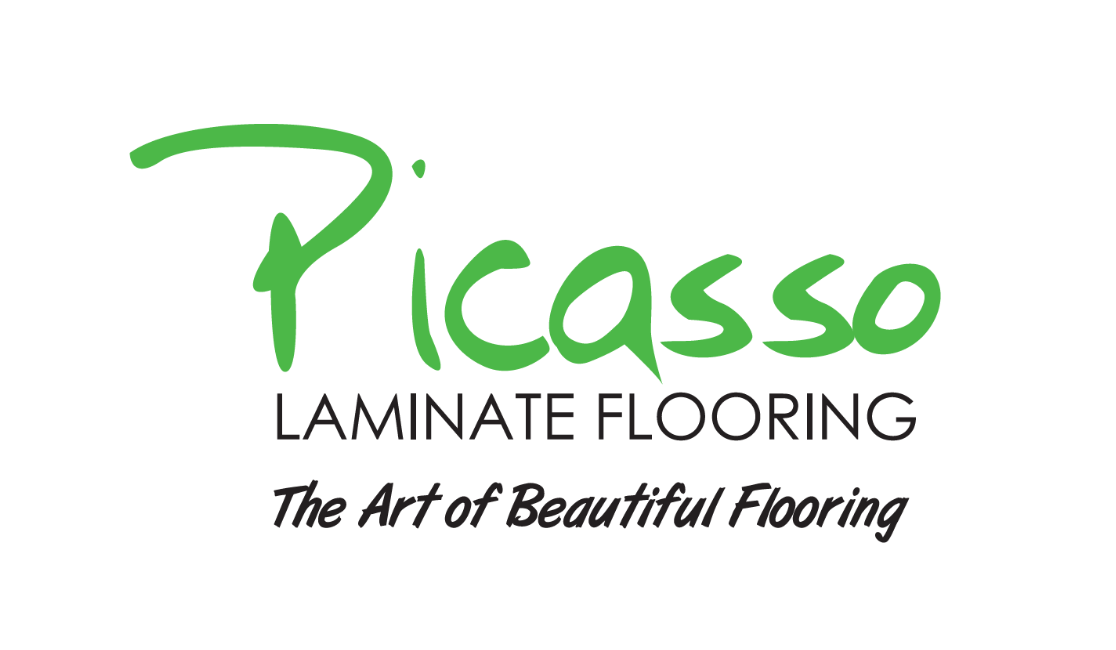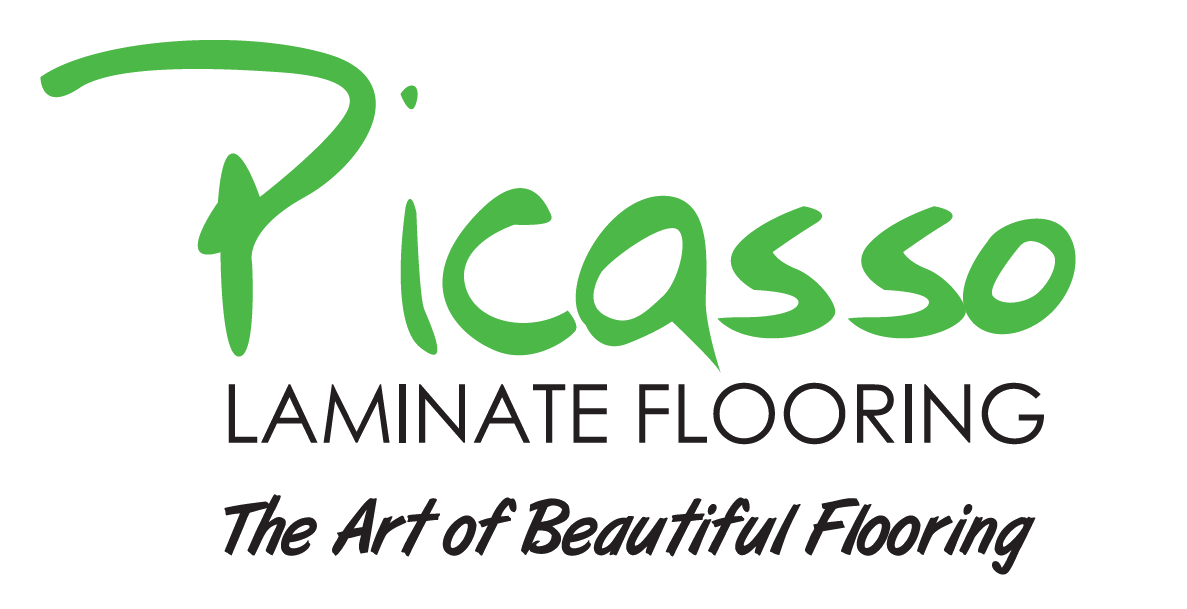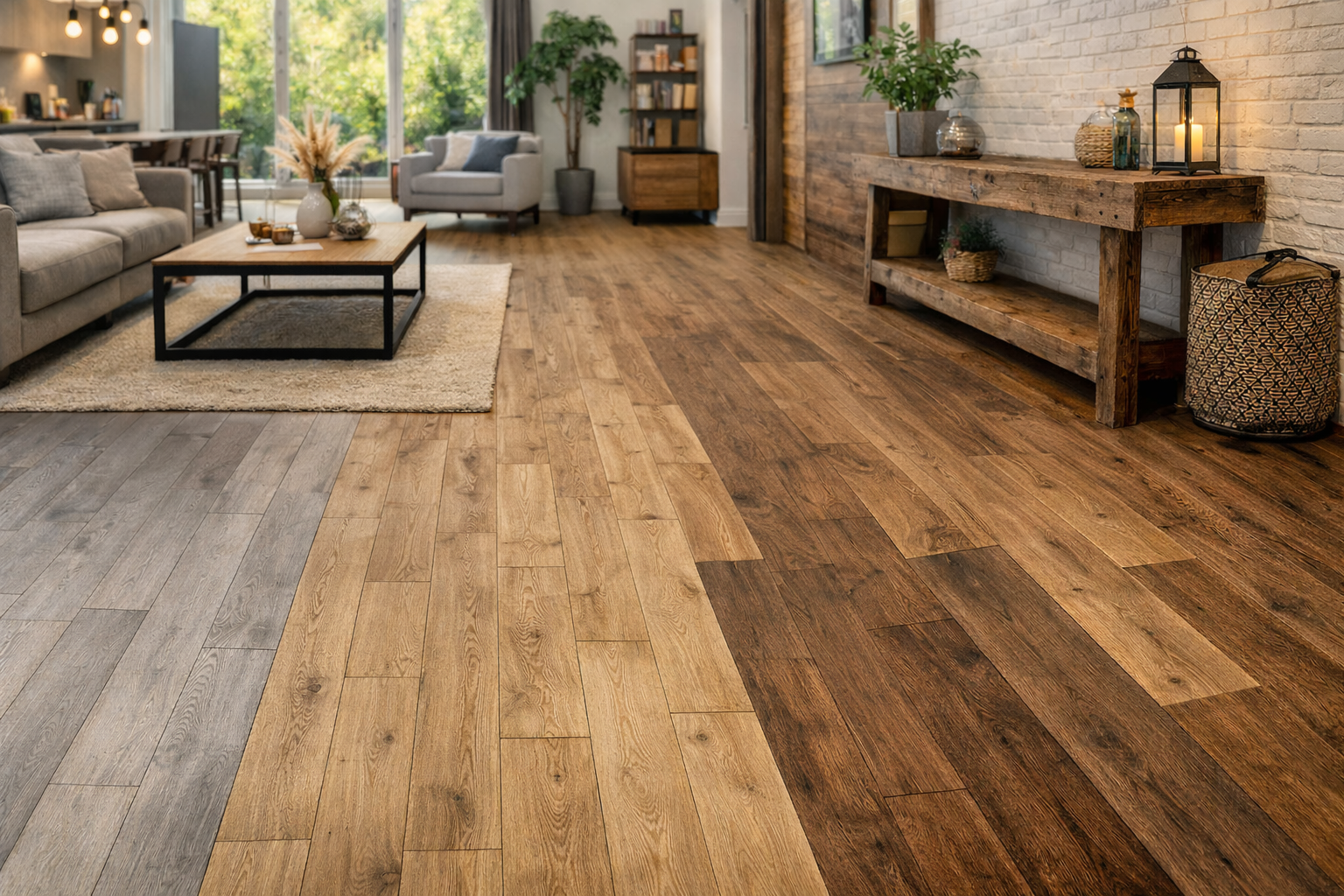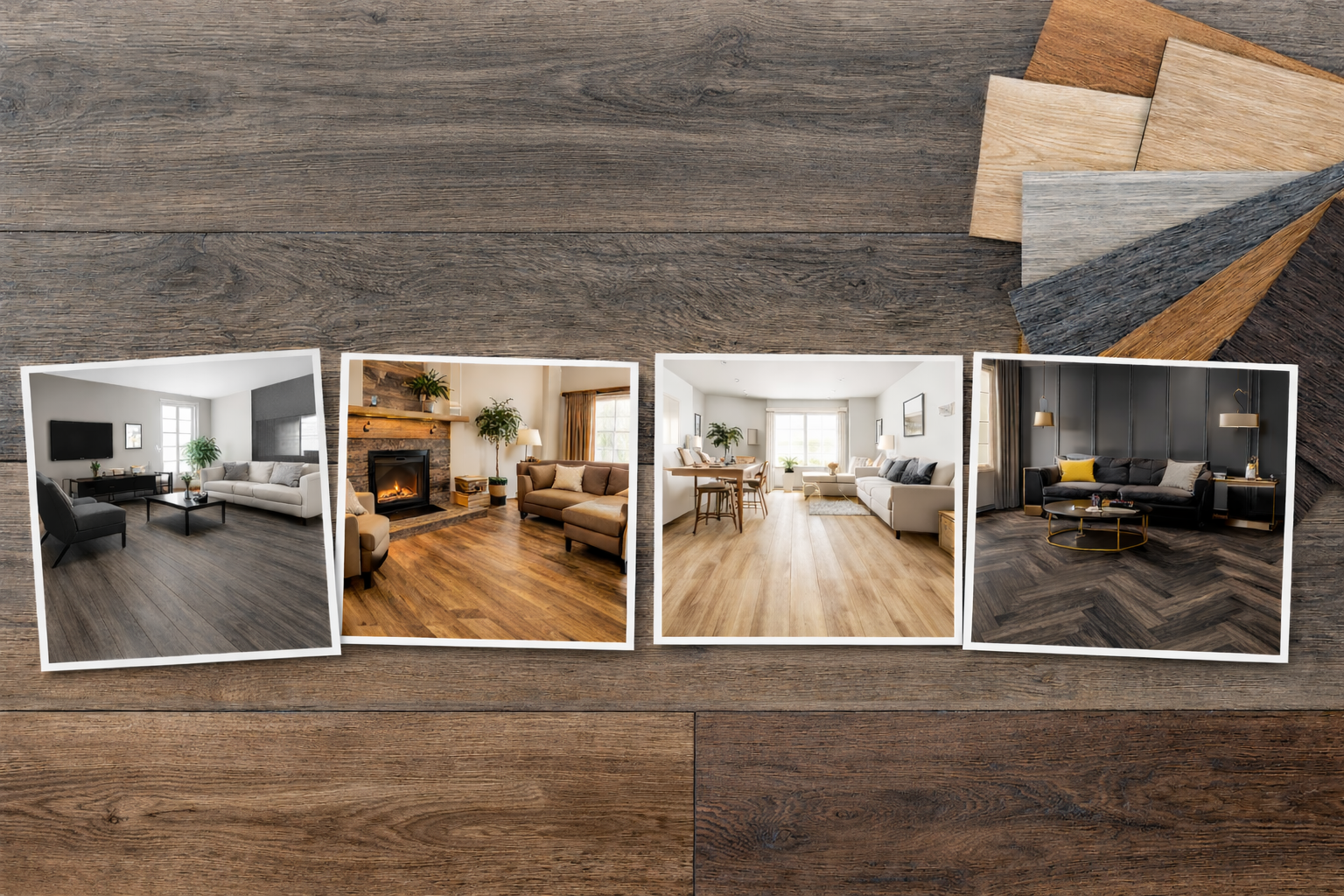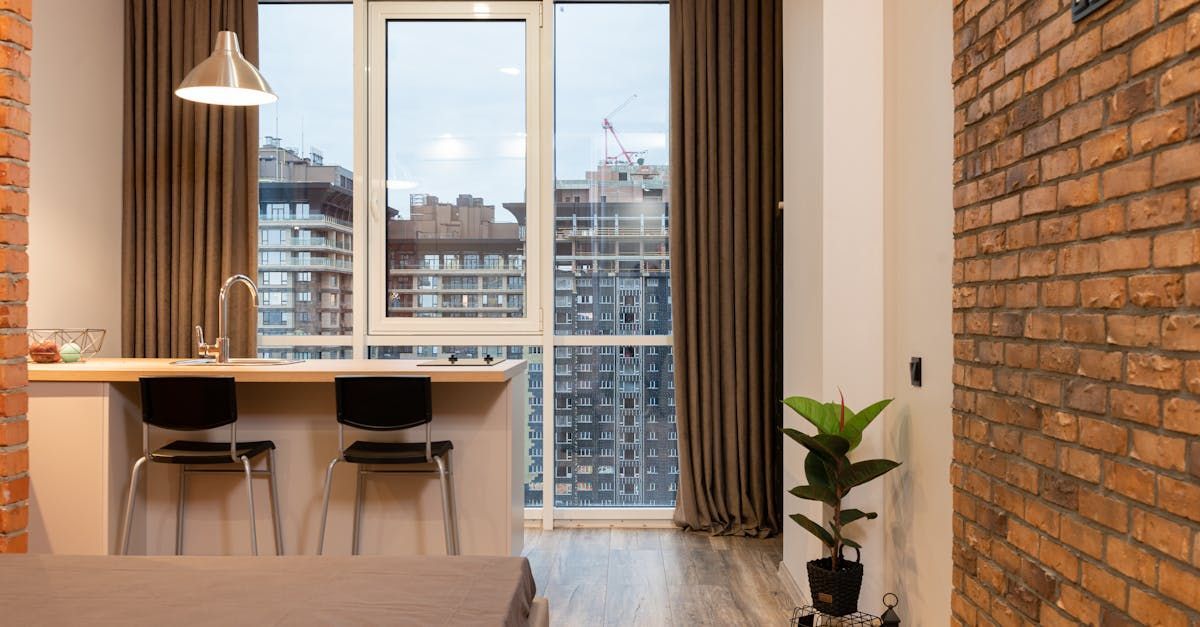
Laminate and vinyl flooring are both popular choices for homes, but they have different characteristics and suit different needs. Here's a comparison:
Material:
- Laminate: Made of layers of wood fiberboard with a photographic layer and a protective wear layer.
- Vinyl: Made of synthetic materials, typically PVC (polyvinyl chloride).
Water Resistance:
- Laminate: Not waterproof. Can withstand minor spills, but prolonged exposure to moisture can damage it.
- Vinyl: Waterproof. Ideal for areas prone to spills or high humidity, such as bathrooms and kitchens.
Durability:
- Laminate: Durable and scratch-resistant. Can withstand moderate wear and tear.
- Vinyl: Durable and scratch-resistant. Can withstand heavy foot traffic and is often used in commercial settings.
Appearance:
- Laminate: Offers a wide range of styles and colors, including wood, stone, and tile imitations.
- Vinyl: Also offers a variety of styles and colors, including wood, stone, and tile imitations.
Cost:
- Laminate: Generally more affordable than vinyl.
- Vinyl: Can be more expensive, especially for high-quality luxury vinyl planks (LVP).
Installation:
- Laminate: Relatively easy to install with a floating system.
- Vinyl: Can be installed as floating planks or tiles, or glued down.
Comfort:
- Laminate: Generally feels warmer and more comfortable underfoot than vinyl.
- Vinyl: Can be made to feel warmer with the addition of an underlayment.
Maintenance:
- Laminate: Easy to clean with a broom or mop. Avoid excessive moisture.
- Vinyl: Easy to clean with a broom or mop. Can withstand more moisture than laminate.
Which is better?
The best choice for you depends on your budget, lifestyle, and preferences. If you need a waterproof floor for a high-traffic area, vinyl is a good option. If you prefer a warmer and more natural-looking floor, laminate might be a better choice. Consider the pros and cons of each option carefully before making a decision.
